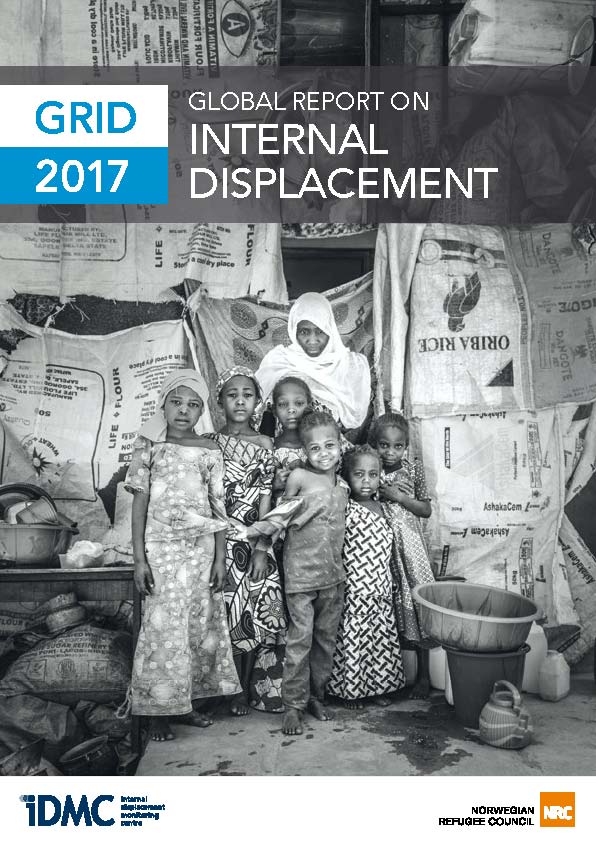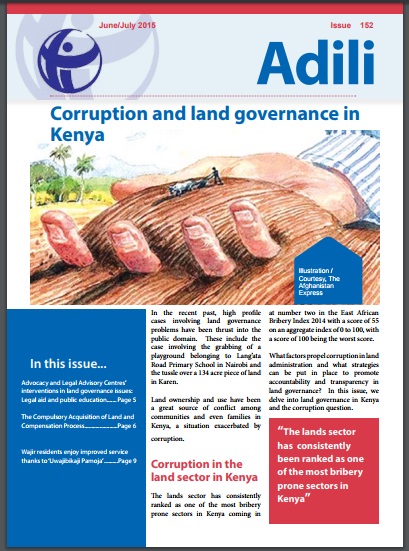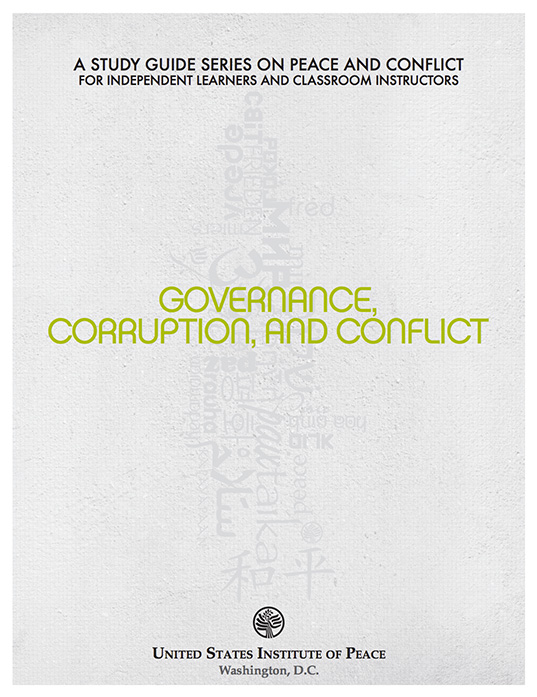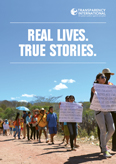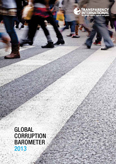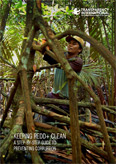A spatio-temporal analysis of forest loss related to cocaine trafficking in Central America
A growing body of evidence suggests that criminal activities associated with drug trafficking networks are a progressively important driver of forest loss in Central America. However, the scale at which drug trafficking represents a driver of forest loss is not presently known. We estimated the degree to which narcotics trafficking may contribute to forest loss using an unsupervised spatial clustering of 15 spatial and temporal forest loss patch metrics developed from global forest change data.


